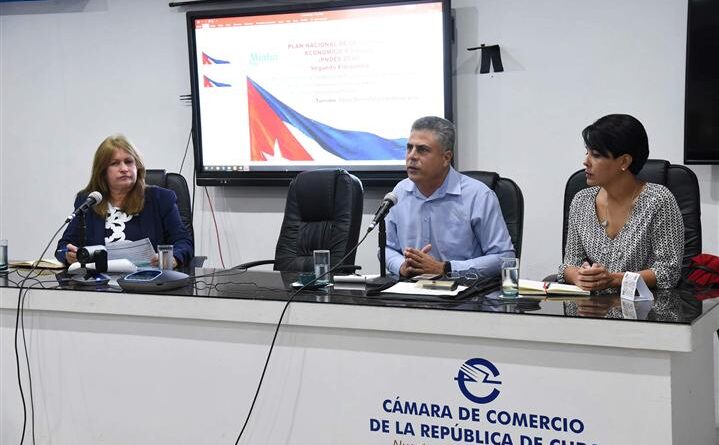Cuba advances in implementation of health tourism strategy
In the case of the first, she expanded it, it includes planned trips to another city or country, whose primary motive is the contribution to physical, mental or spiritual health with preventive or curative medical activities.
Meanwhile, wellness tourism includes preventive, proactive and lifestyle improvement activities such as gymnastics, healthy eating, relaxation and personal care.
The strategy designed based on alliances between the Medical Services Marketing and the Ministry of Tourism “highlights the need to implement a management and commercial model for the promotion and sale of these services at source -international sales- to expand the tourism segment who visits the Island,” explained Reyes.
During a meeting at the Cuban Chamber of Commerce, she commented that to contribute to this process, the Wellness Catalog was developed with six chapters and more than 26 programs, which show different experiences for clients according to individual needs, she said.
In addition, the methodology was created to prepare a Wellness Program with a sales format that contemplates levels of flow of health tourism services, according to the value chain of the integral health of the person.
“In the first level is well-being, followed by prevention, diagnosis, treatment and rehabilitation. The level of the services determines where they can be performed, who is the provider and how they are marketed”, she listed.
In this way, the first two levels of the flow contemplate activities that can be carried out in hotel facilities, although it is necessary to generate specific places where they can be carried out and to do so think about alternatives such as foreign investment.
Meanwhile, the actions of the other three must be offered in specialized clinics, hospitals and international health centers, and they need specialized personnel from the Ministry of Public Health and Biocubafarma, she pointed out. Reyes insisted that, in order to achieve sustainable and competitive health and wellness tourism, international certifications and accreditations are required, so specific procedures and training must be designed to guarantee these requirements.
In this regard, the Director of Development of the Ministry of Tourism, Alexander Sierra highlighted the role of local development to guarantee the implementation of the strategy.
“As a country, a comprehensive tourism must be developed, so that the visitor receives a well-conceived product, which in turn has an impact on municipal and provincial development,” he remarked.
(Taken from Prensa Latina)




